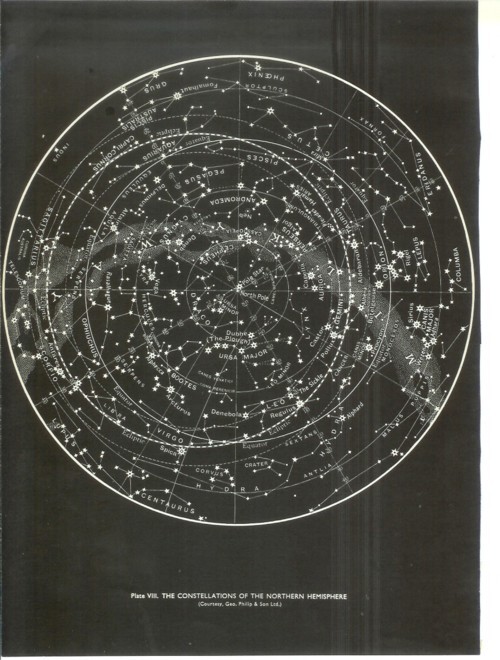
Rufus Wainwright – In A Graveyard
The playfulness of the Smiths’ “Cemetry Gates” aside, the many homes of the dead sit rather uneasy amongst any three minute stationed pop song, yet, in weakening the mould, “In A Graveyard” proposes a truth and then a possibility, that in death we all belong and that within this are extremes of beauty to be unearthed (so to speak). However close to universal wishfulness this may thread upon, it’s Wainwright’s clarity of voice that devises and executes the certainty of existing beauty, however fragile its foundations may be as relates to the individual.
“I smiled in knowing we’d be back one day.” The discovery of a truth by the singular, but then a dilution, a showing of fragility in the grab and pull of future (or ‘momentarily, dear’) shared experience in the “we”. I wonder if Wainwright purposely ommitted “knowing I’d be back” in favour of “knowing we’d be back”. Shades of fear jolting in the beauty, possibly. Still the beauty persists; nowhere more prominent than throughout the song’s startling melodic perfection. Warring revolts to silent stars, black horizons dim to blue, and revolutionary smiles are born. It’s all quite simple, quite deliberate, quite, well, beautiful. It’s wish fulfillment fulfilled. So while two white horses follow Dylan, and Morrissey bemoans all those people, all those lives, “Where are they now?,” Rufus’s romantic scope breathes new and bright angles upon history’s great laments – such as Hardy’s “And strange-eyed constellations reign his stars eternally.” Strange-eyed constellations reign his stars eternally. How preposterously beautiful. [Download.]